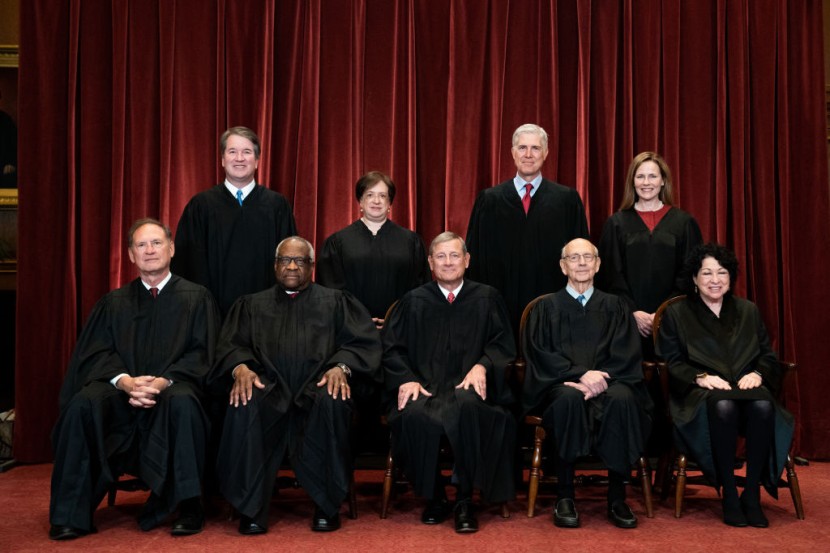
The Supreme Court overturned a lower court decision on Thursday, ruling that a newly drawn South Carolina Congressional district does not discriminate against Black voters, handing a win to the Republican Party in a critical swing state.
The justices ruled 6-3 that moving the Congressional boundary lines so that 30,000 Black Charleston residents were no longer voters in South Carolina's First congressional district was not a form of unconstitutional racial gerrymandering.
The decision hinges on whether moving predominantly Black voters into a different district was based on party affiliation or race. While South Carolina is traditionally a red state, 78% of Black South Carolinians are Democrats. While the majority of South Carolinians are white, roughly a quarter of the population is Black.
"The circumstantial evidence falls far short of showing that race, not partisan preferences, drove the districting process, and none of the expert reports offered by the Challengers provides any significant support for their position," Justice Samuel Alito wrote in the majority opinion.
Regardless of the South Carolina GOP's intention in drawing the new map, however, the end result is the same: South Carolina's First Congressional District is now definitievely under Republican control.
"What a message to send to state legislators and mapmakers" Justice Elena Kagan wrote in her dissenting opinion. "Go right ahead, this court says to states today."
The decision was also criticized by Janai Nelson, the president of the NAACP Legal Defense and Educational Fund.
"The highest court in our land greenlit racial discrimination in South Carolina's redistricting process, denied Black voters the right to be free from the race-based sorting and sent a message that facts, process, and precedent will not protect the Black vote," she said.








